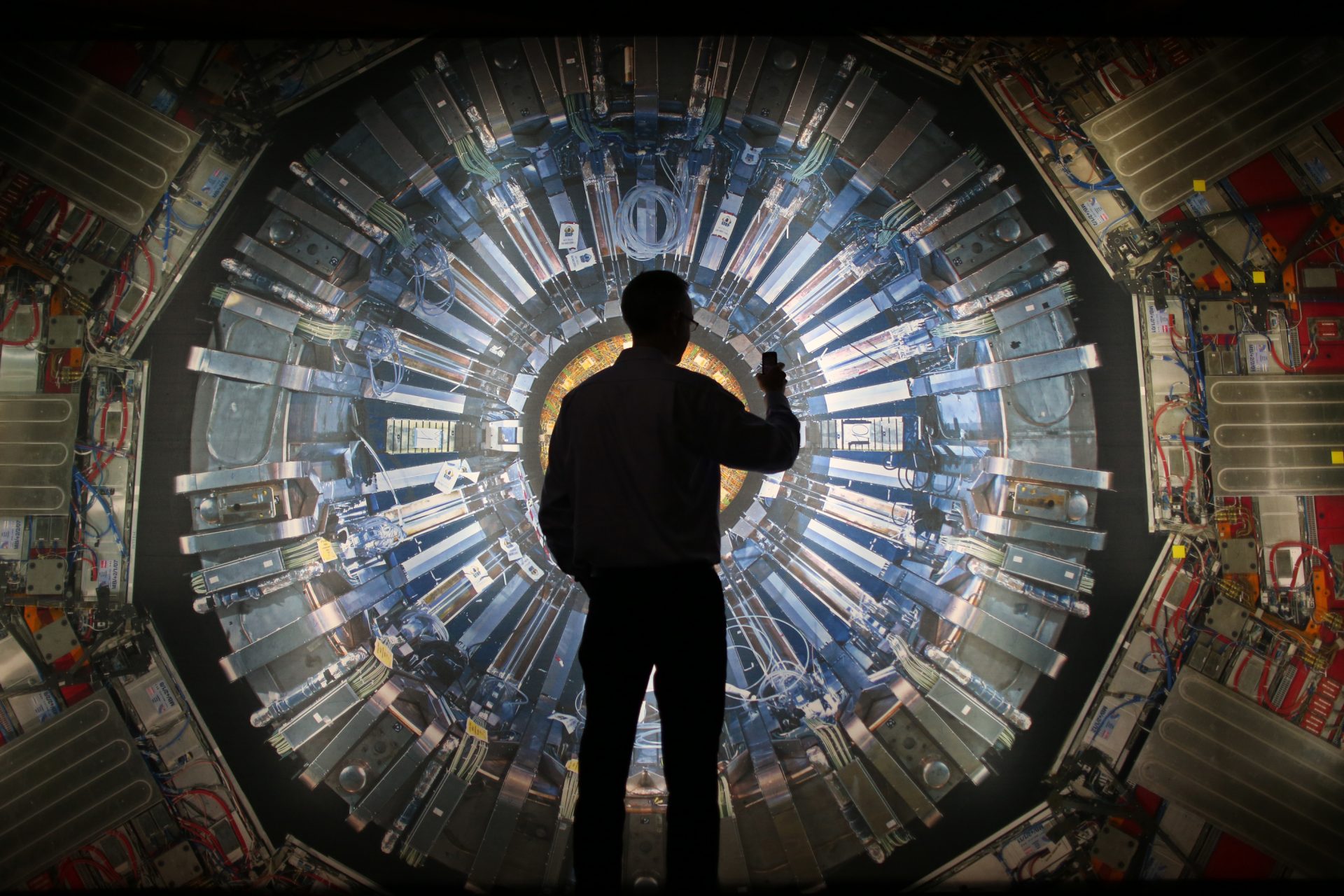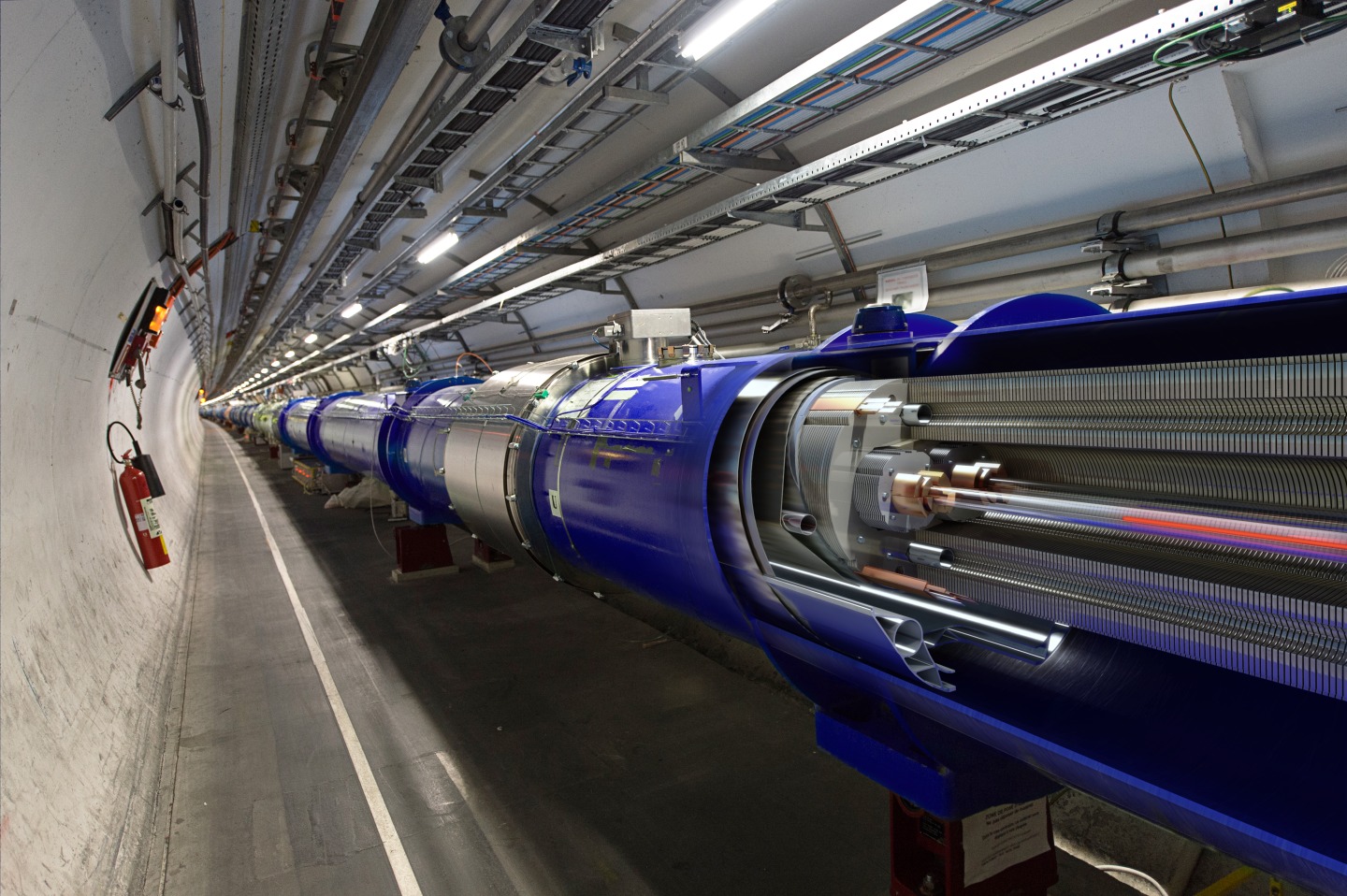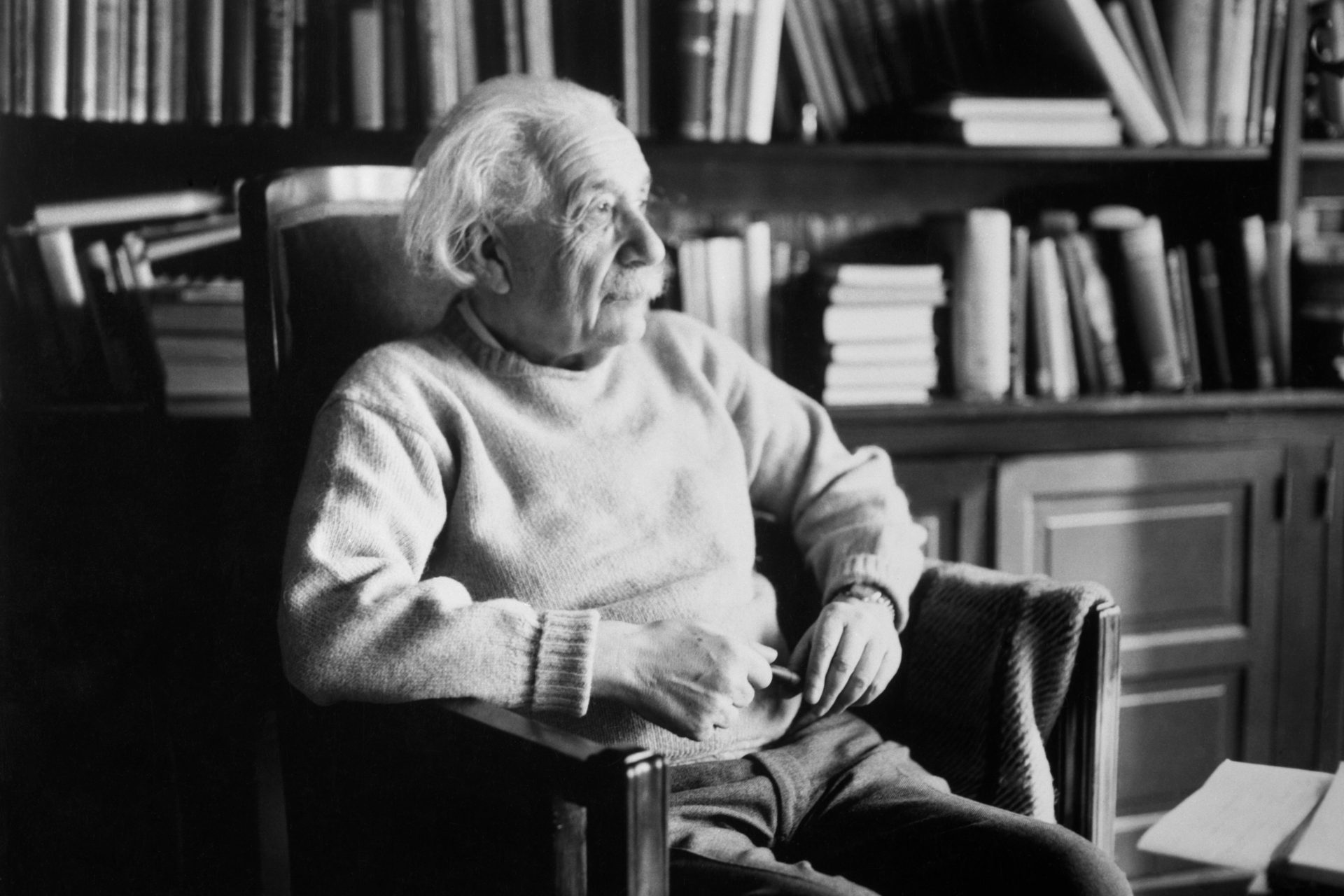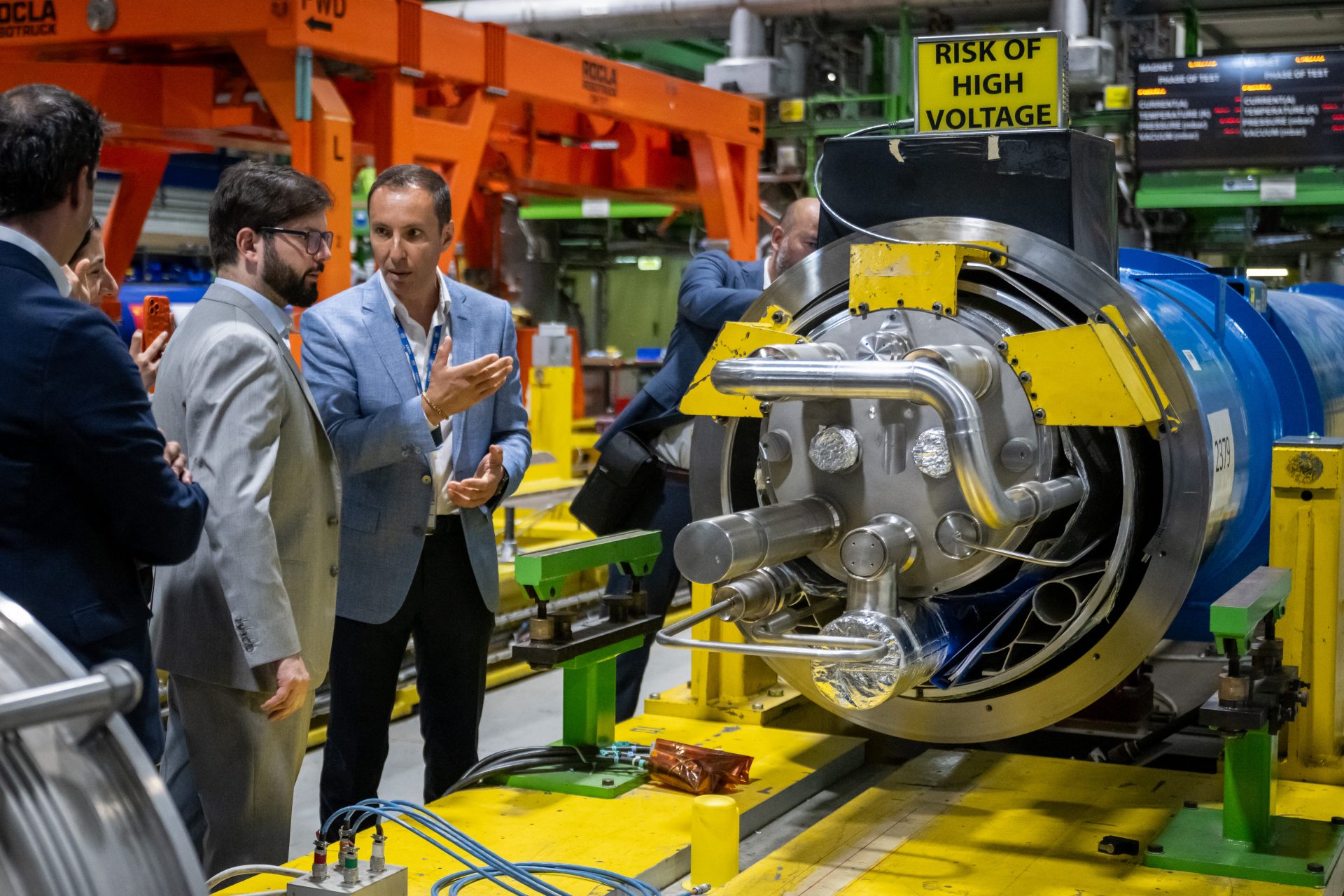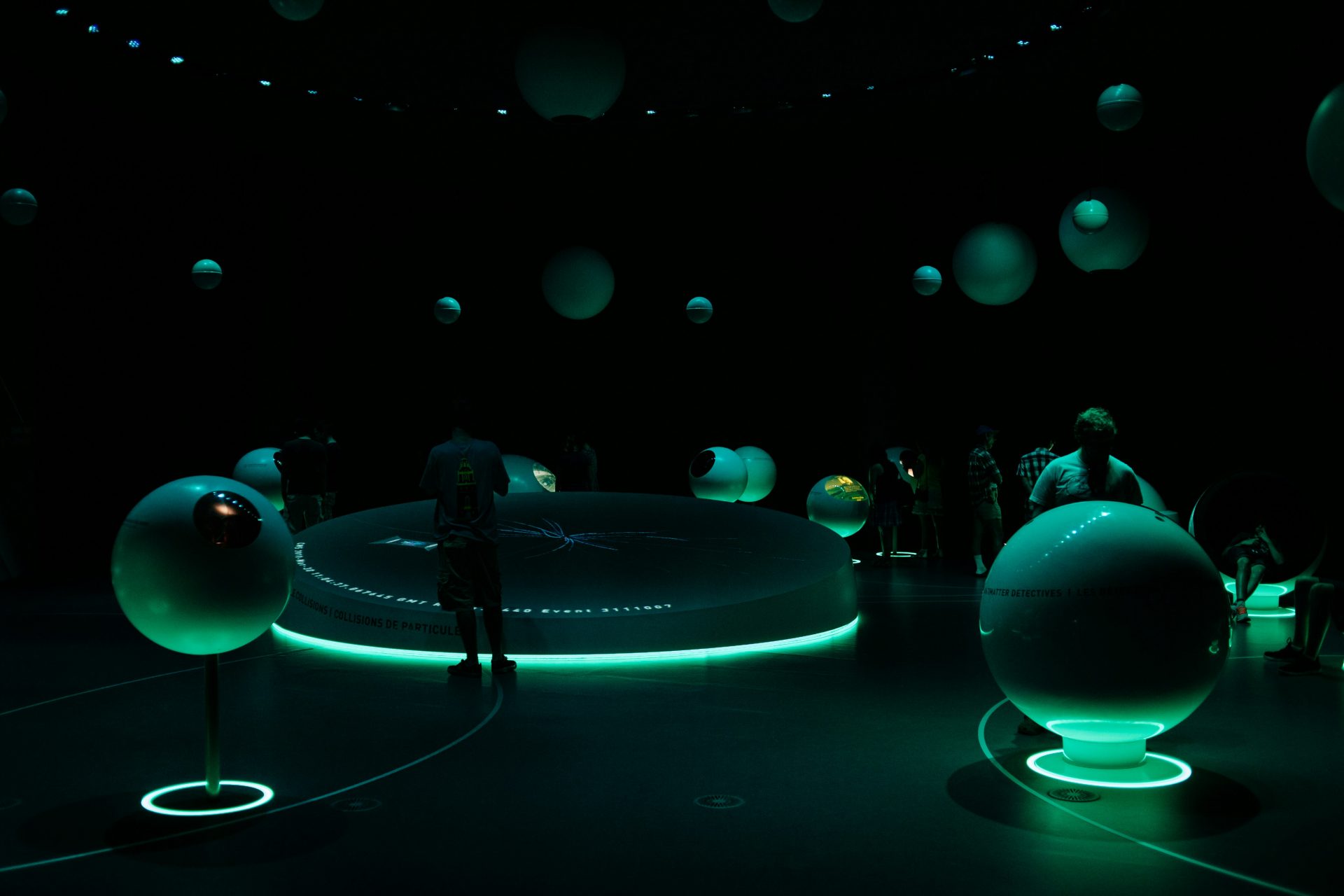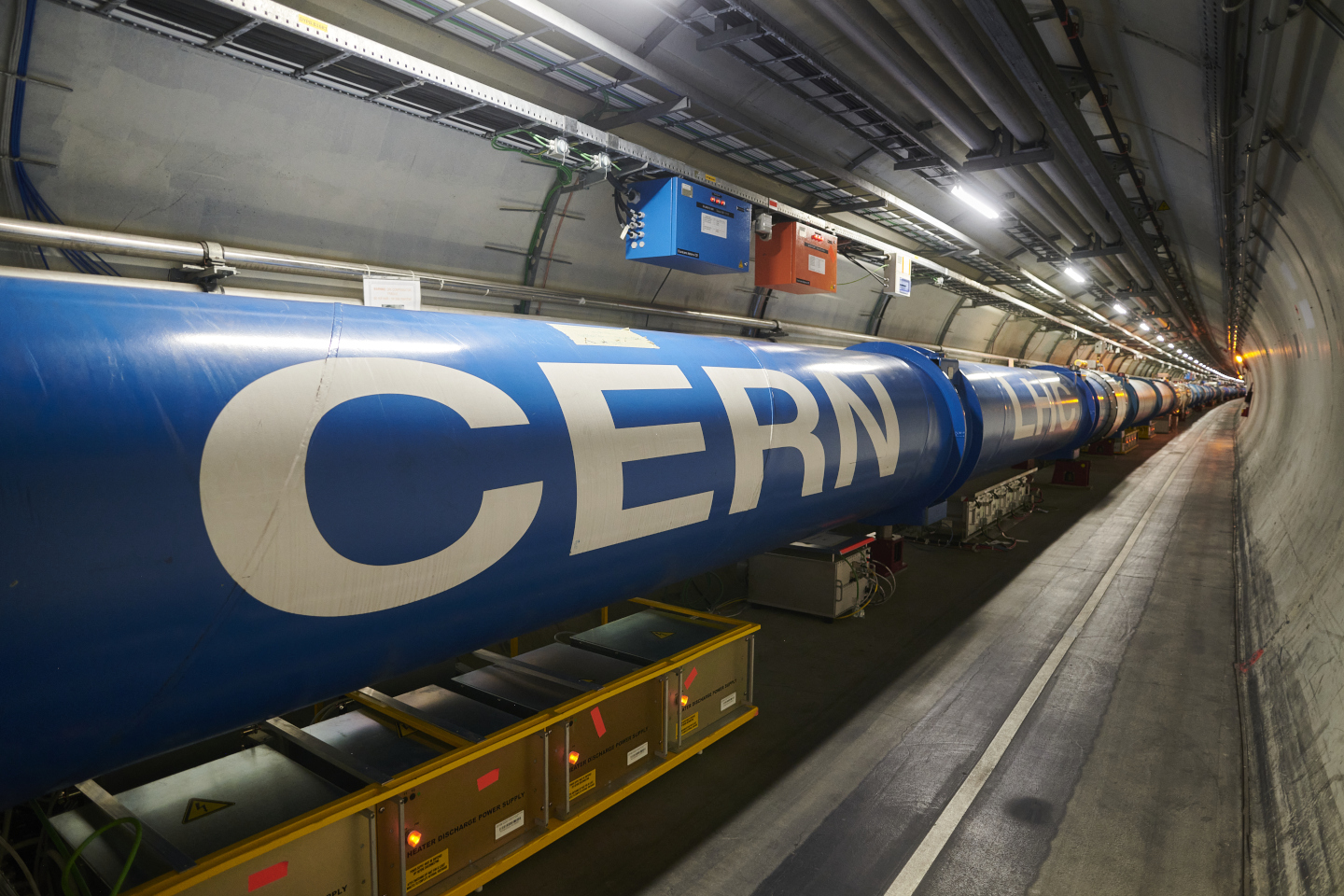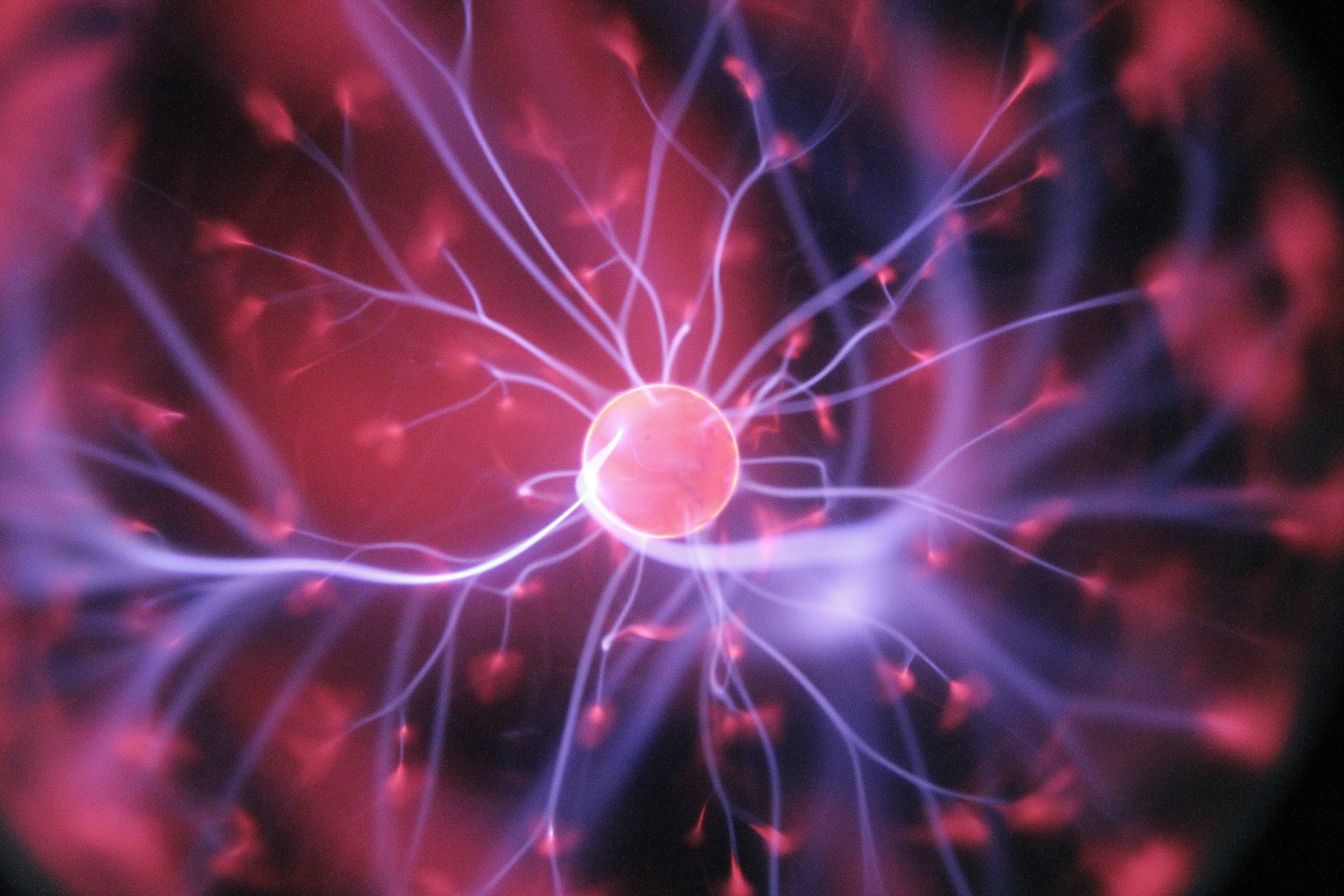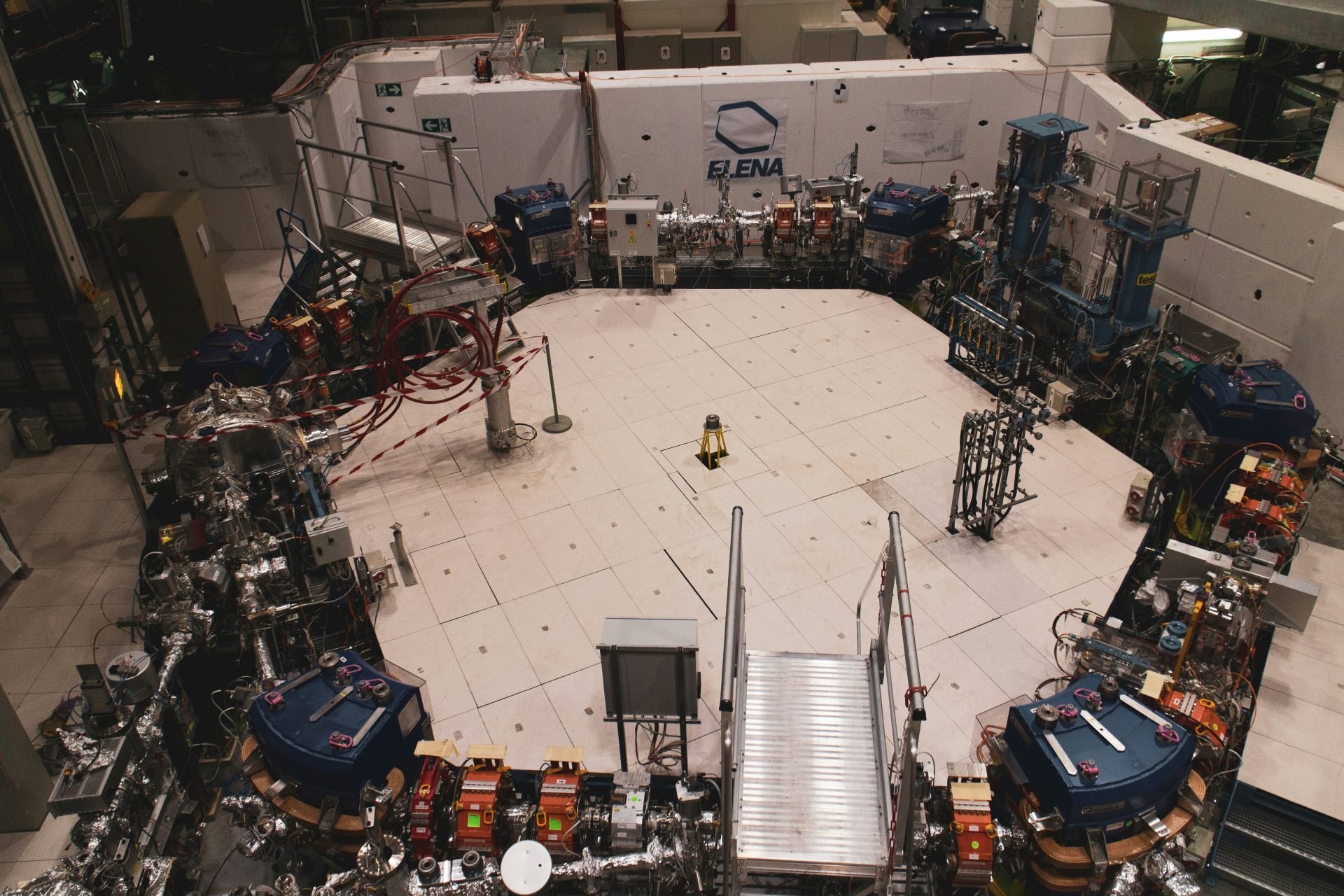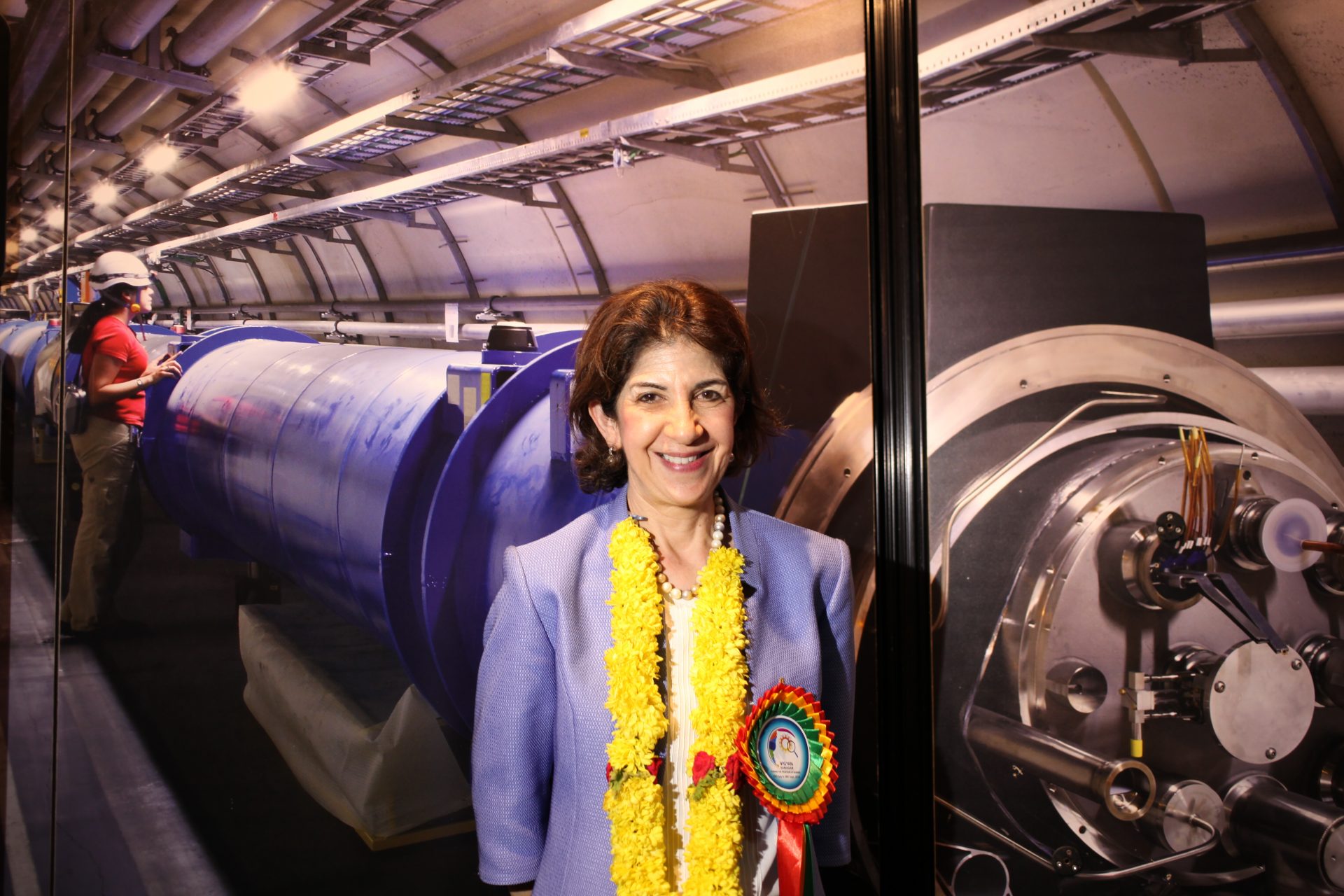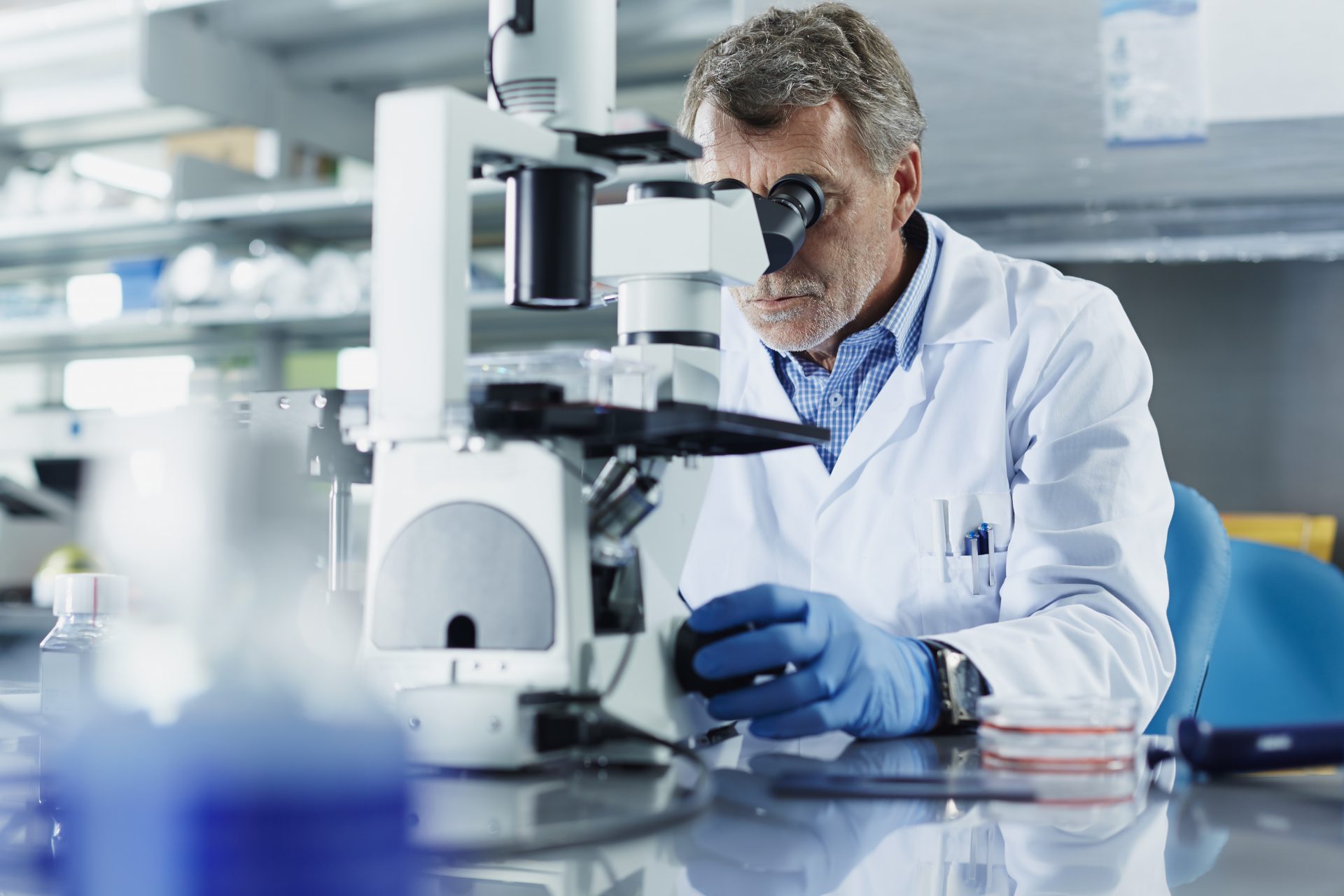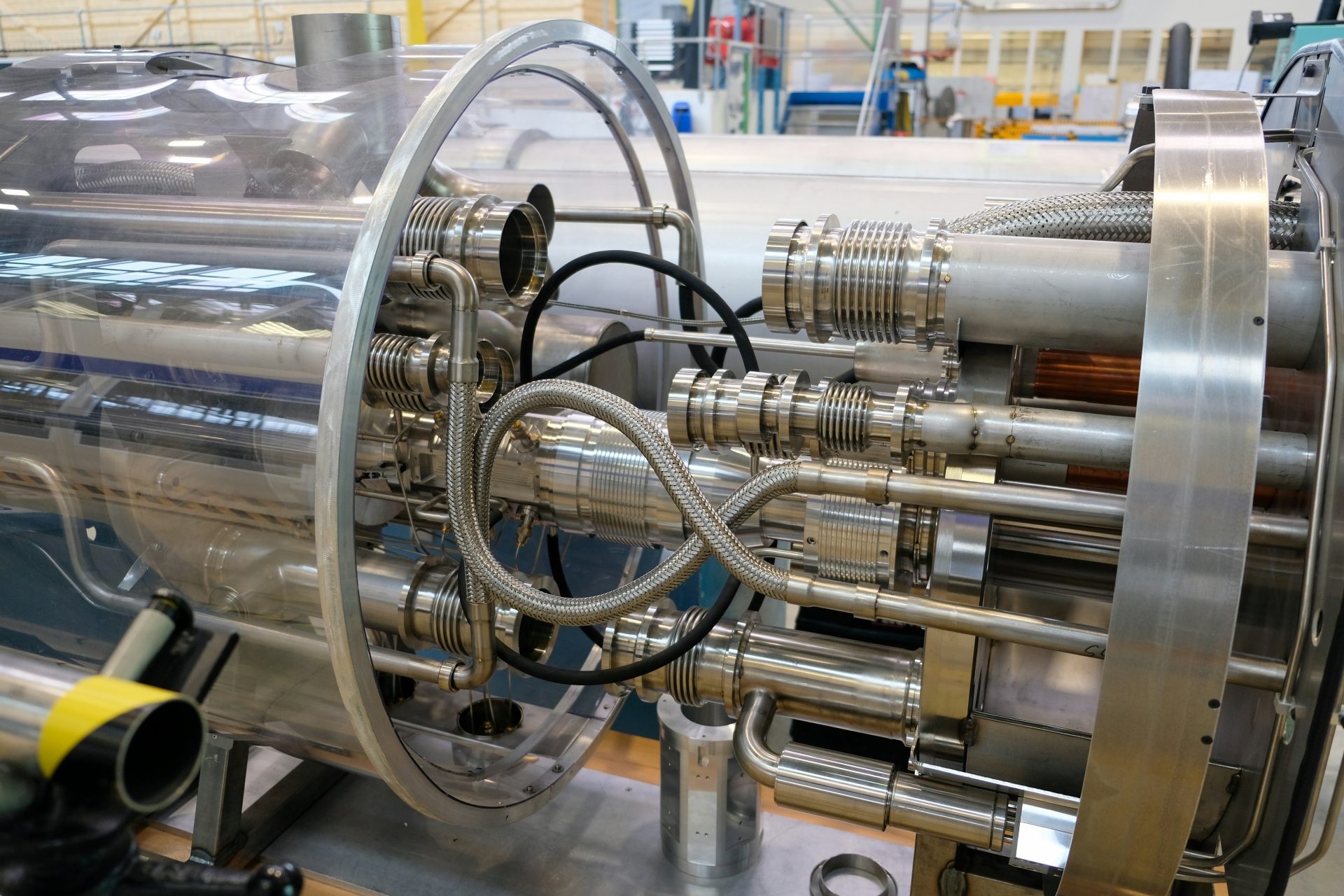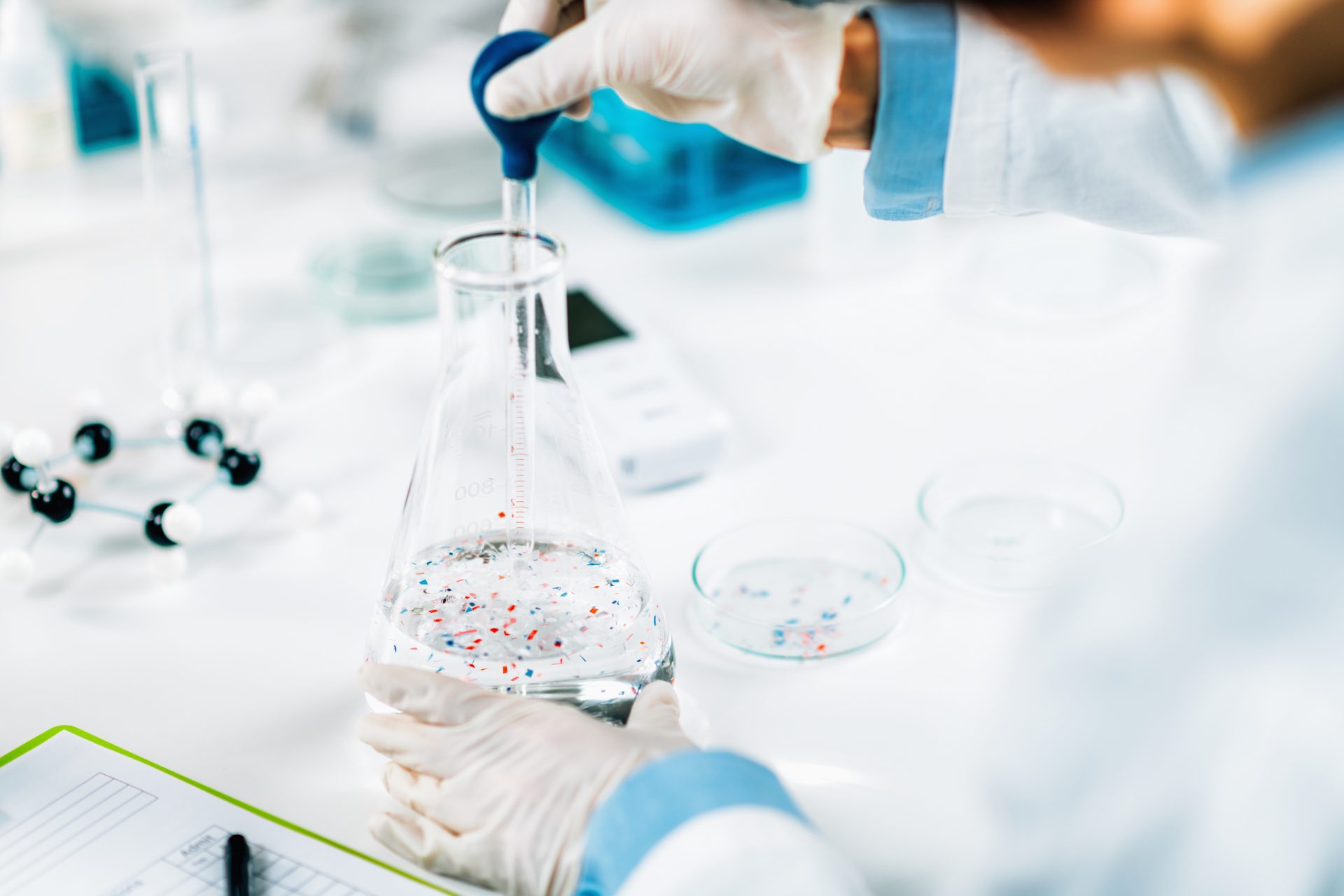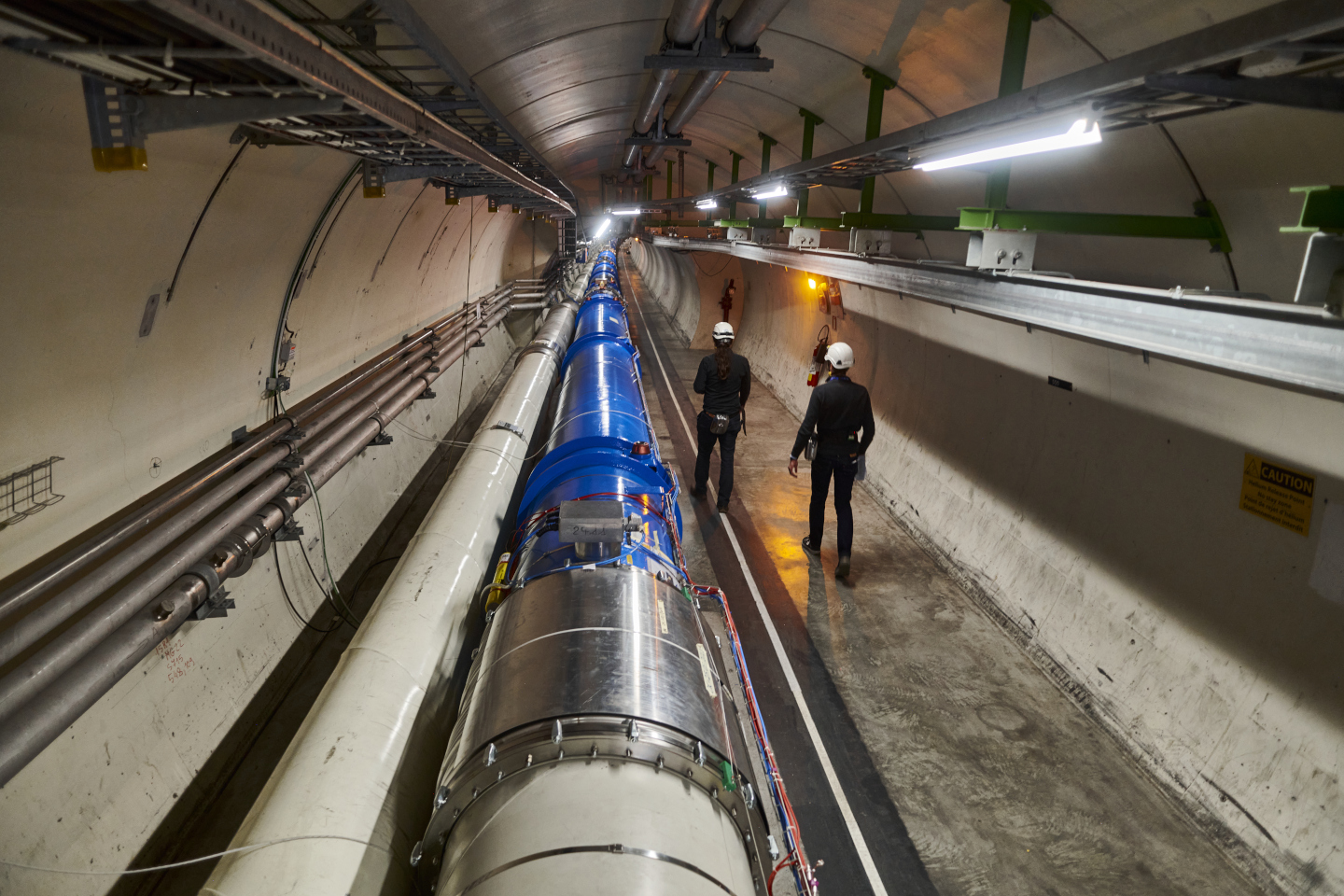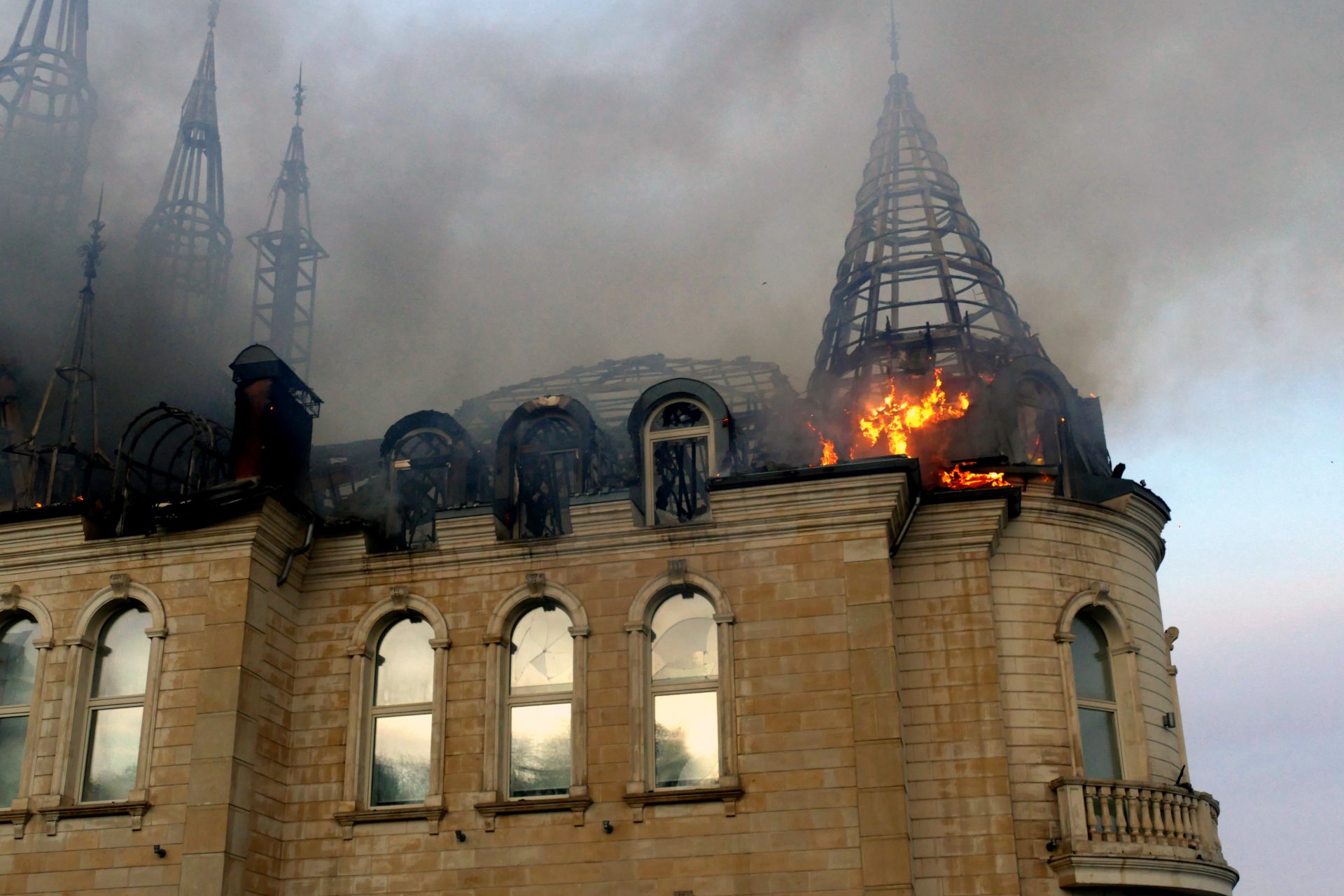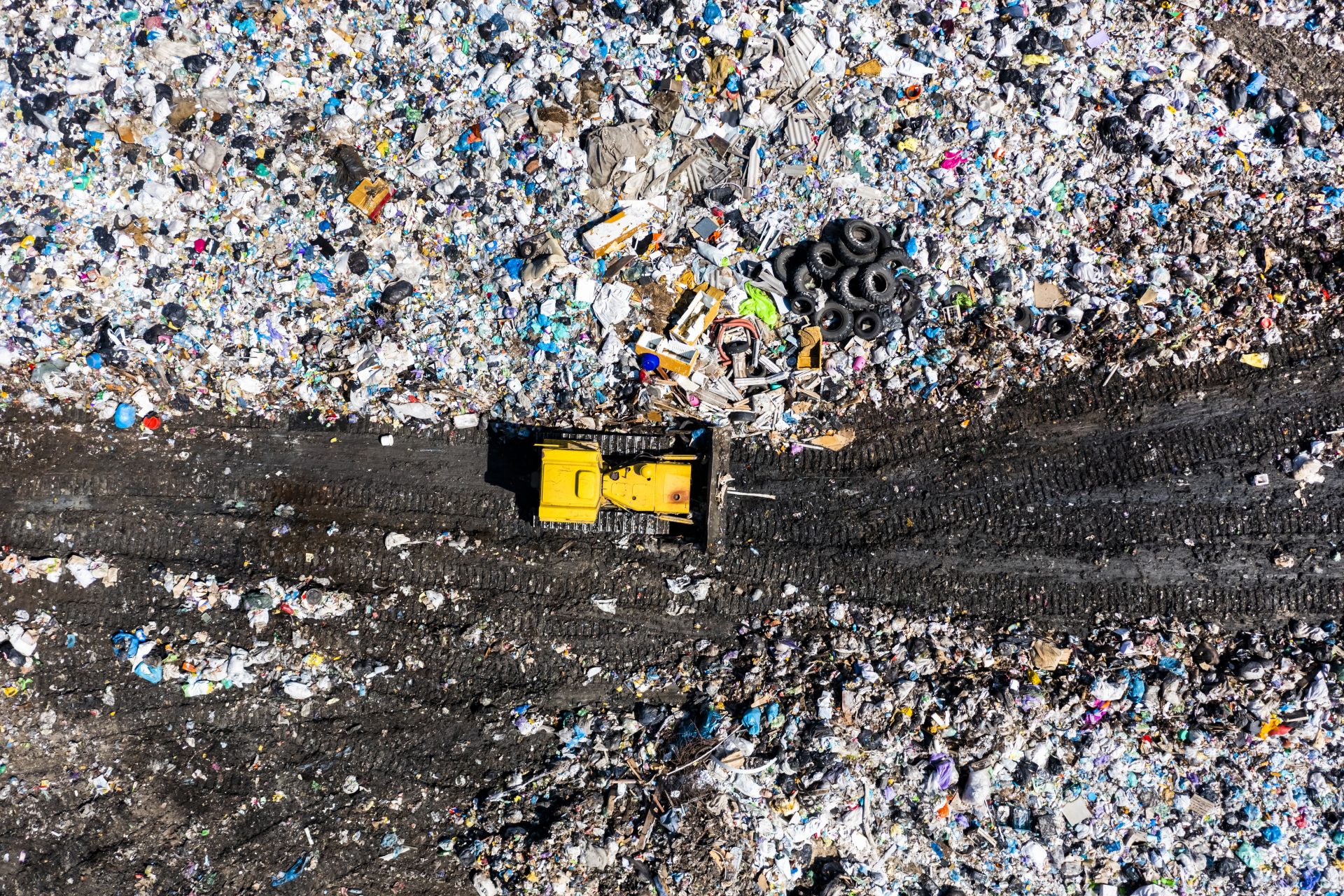This machine could replace the Hadron Collider and unlock the mysteries of the universe
Despite all the advances that humanity have achieved in thousands of years, some say a true sign of wisdom is not what you know, but being aware of all the things you don’t know.
Although we don't like to admit it, there are far more things in the vastness of the universe that we simply don’t know.
Located in Geneva, the Large Hadron Collider (LHC) is the world’s largest and highest-energy particle collider in the world.
Image: Dominguez, Daniel / CERN
This machine has made it possible for scientists to look into the particles of what we’re made of in a way that has never been possible before. Imagine what Einstein could have done with this technology!
The LHC, built by the European Organization for Nuclear Research (CERN), has been operational since 2008 with the aid of 10,000 scientists and hundreds of universities and institutions around the globe.
However, with CERN announcing that the end of the high-luminosity stage of the LHC by 2040, many experts are already planning what’s next in store for some of the most complex research right now.
The Future Circular Collider (FCC) is a proposed particle accelerator meant to continue the investigation currently done with the Large Hadron Collider but taking it to the next level.
Image: elimendeinagella / Unsplash
Sky News highlights that the FCC could help scientists learn more about dark matter, which makes up 95% of the known universe, and we know next to nothing about it.
Image: grakozy / Unsplash
After all, the Large Hadron Collider was capable of discovering the Higgs boson, also called the God Particle, back in 2012 after an effort of 40 years.
The Higgs boson was one of the most important scientific discoveries in the last decades. Imagine what scientists could discover using the Future Circular Collider.
France24 explains that, if the project gets approved, construction would start as early as 2030 and start smashing particles by 2048.
Image: halacious / Unsplash
Tentatively, the FCC would be made up of a new circular tunnel, 90.7 kilometers (ca. 56 mi miles) in length, and 5.5 meters (18 feet) in diameter.
Image: dev / Unsplash
“Our aim is to study the properties of matter at the smallest scale and highest energy,” CERN director-general Fabiola Gianotti stated, as quoted by France24.
However, as news website Vox points out, with a price tag of 17 billion US dollars (20 billion euro), not everyone is hyped by the Future Circular Collider.
Image: ibrahimboran / Unsplash
“There are a lot of other experiments that are proposed and ongoing that are much cheaper,” Jared Kaplan, a Johns Hopkins University physicist, told Vox.
Kaplan explains his case very clearly: “It might make more sense to fund a hundred of those experiments than build one collider for 10 times as much money.”
German physicist Sabine Hossenfelder asks, in an opinion piece for Scientific American, asks if such an expensive particle accelerator is necessary in this day and age.
According to Hossenfelder, running costs of the FCC would cost at least one billion US dollars, money that could be used to research climate change, emerging viruses, or other more urgent problems for humanity.
“A bigger particle collider is one of the most expensive experiments you can think of, and we do not currently have a reason to think it would discover anything new”, Hossenfelder writes in the Scientific American.
Image: brann / Unsplash
Still, we have to consider that some of humanity's greatest discoveries were found when people weren't looking for them. Happy accidents like that are pretty rare, but they do happen.
While the Future Circular Collider could reveal the secrets of the universe, nothing is certain, even at a subatomic level.
Image: Hertzog, Samuel Joseph / CERN
More for you
Top Stories




